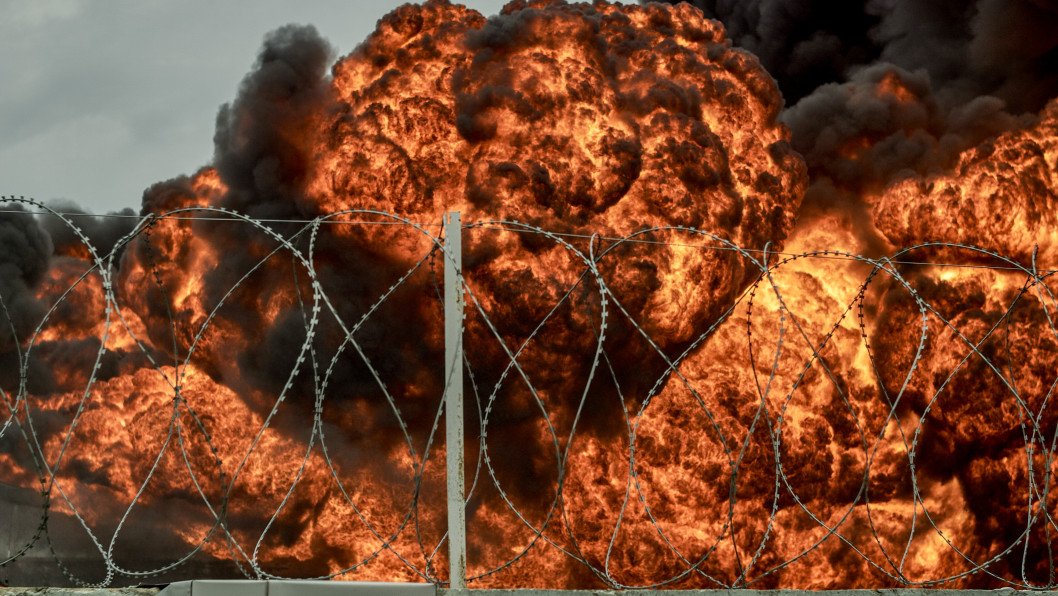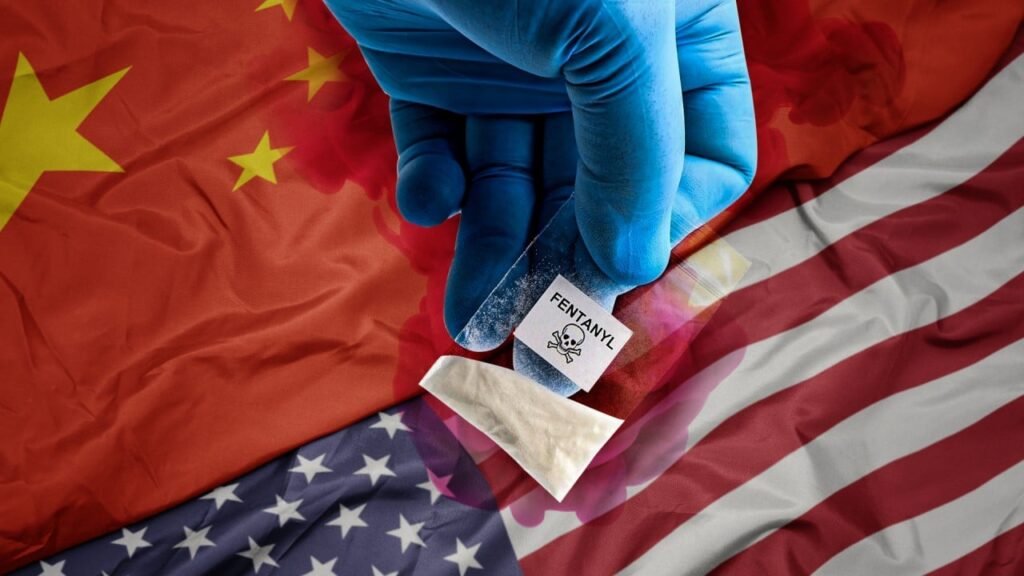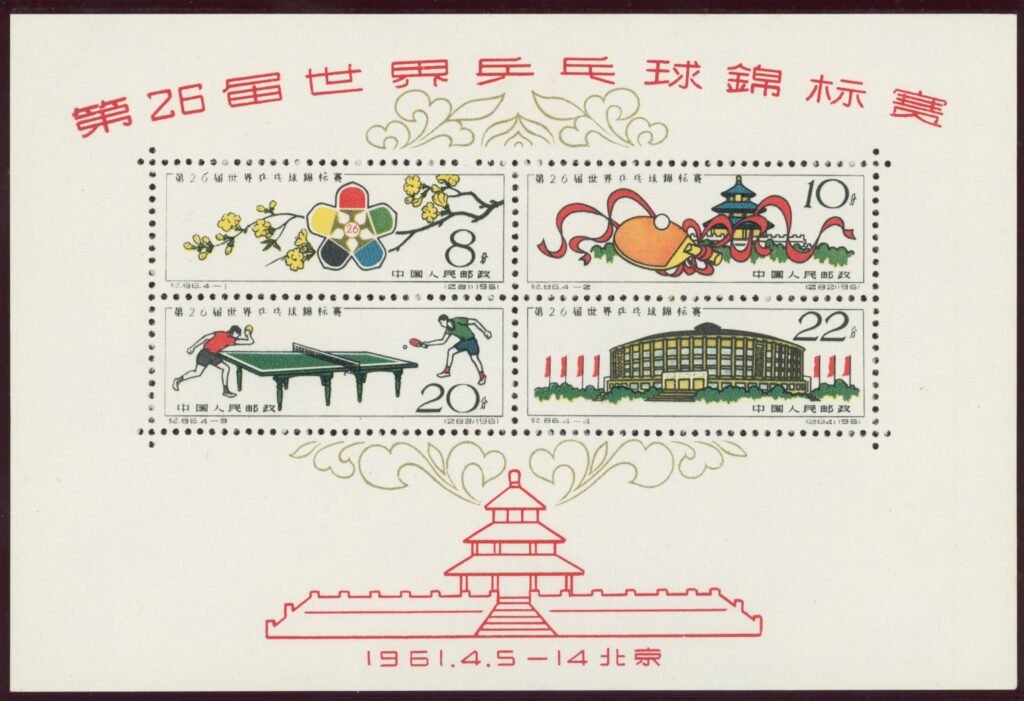Russian companies’ attempts to raise cheap capital in China’s massive bond market are collapsing, as Chinese banks and investors shy away over fears of Western sanctions, Reuters reported on October 1, citing multiple sources.
The setback highlights the deep financial isolation Russia continues to face more than three years after launching its full-scale invasion of Ukraine. It also places Beijing in a difficult position—balancing its “no-limits partnership” with Moscow while simultaneously trying to reach a trade deal with Washington.
Top Russian state corporations, including Rosatom and Gazprom, have explored selling yuan-denominated “panda” bonds, according to company sources cited by Reuters. The push for such financing followed Russian leader Vladimir Putin’s September visit to China, amid Russia’s exclusion from Western capital markets.
Yet Chinese investors and regulators appear unwilling to move forward. “Preparation has always been underway, but you just cannot push the project forward,” one source familiar with the matter told Reuters, noting little progress over the past year in Rosatom and aluminum giant Rusal’s plans.
-ed051fb1853bcb98ed81f53fa31bd834.png)
According to Reuters, a Chinese securities exchange official confirmed there were no concrete issuance plans, while several onshore bond investors said they would avoid such debt given geopolitical risks.
Even China’s state-owned brokerages have distanced themselves. Galaxy Securities reportedly dropped Russia-related deals after 2022, while the country’s four largest banks refuse to underwrite such bonds over sanction concerns.
“There is no legal obstacle to Russian companies selling panda bonds as long as the issuer is not on the US sanctions list,” said Zhan Kai, a Shanghai-based lawyer specializing in sanctions and political risk. “But without doubt, local bankers and traders are worried about acting as underwriters or buyers. At the end of the day, whether a bond can be sold is determined by the market, and I don’t expect a lot of appetite on the ground in China.”
Russian officials maintain that nothing prevents companies from issuing panda bonds if buyers can be found.

“Large companies work with their placements themselves. We only help them in terms of infrastructure and some solutions,” one government representative told Reuters, adding that the real question is who in China will be willing to purchase them.
Some Russian firms are now considering tying loan restructuring to commodities trade deals in a bid to secure funding, according to a Chinese state company manager.
Analyst Kirill Lysenko of Russia’s Expert RA rating agency warned that even in “friendly” markets, risks remain: “Even within a ‘friendly country’ framework, geopolitical risks persist. Should sanctions impact Chinese financial infrastructure, complications in debt servicing could emerge.”
Earlier, it was reported that Russia is urgently importing gasoline from China and other Asian nations to offset severe domestic shortages, after a series of Ukrainian drone strikes disabled several of its largest oil refineries.
-afea745942037ffd616e495505c25f0c.webp)
Every day we fight Russian disinformation and bring reports directly from the frontlines. Your help makes us stronger.






